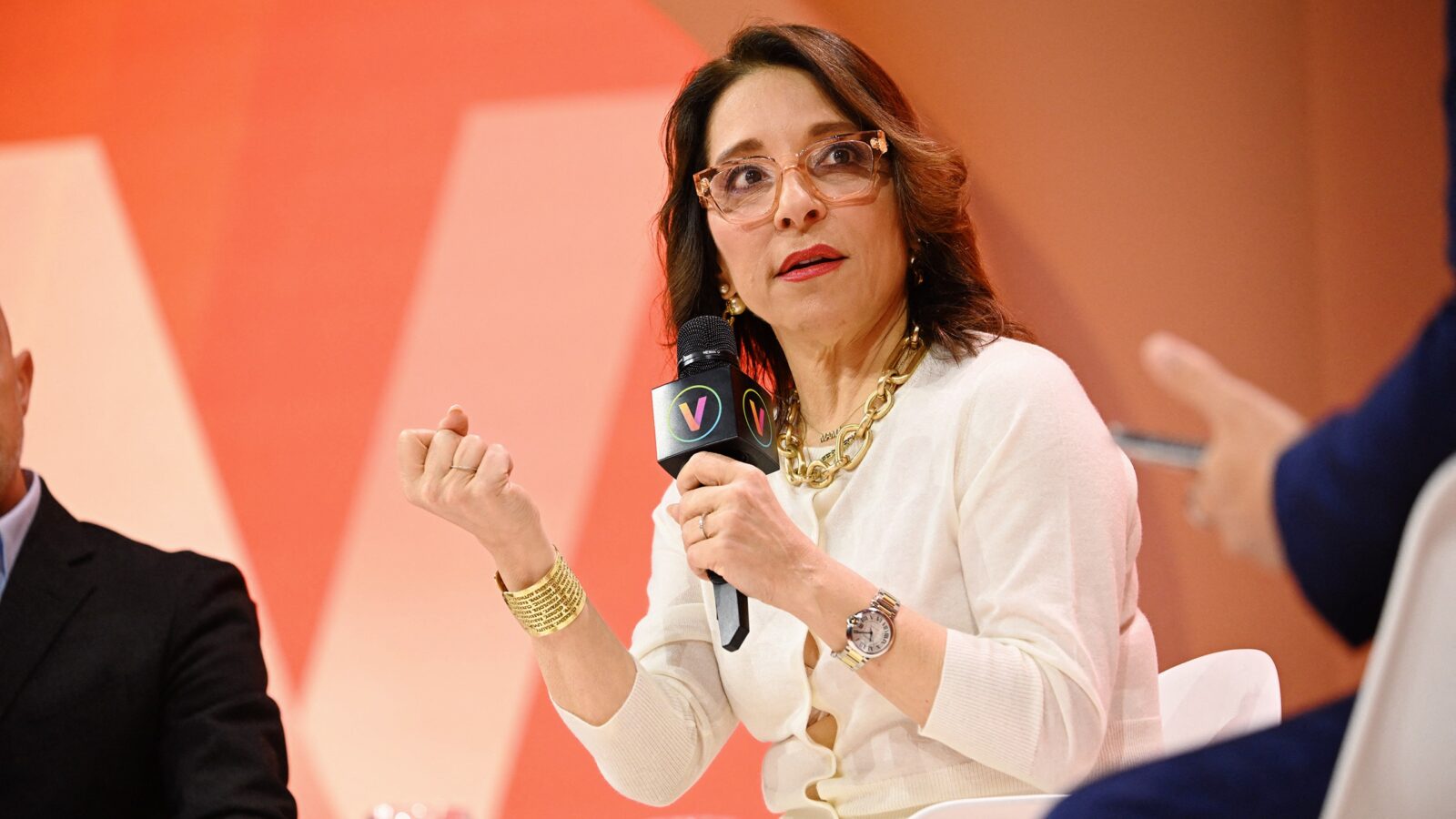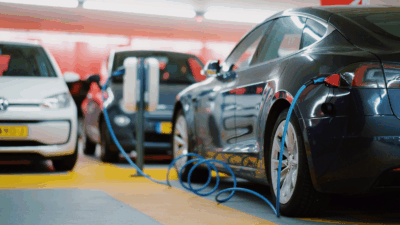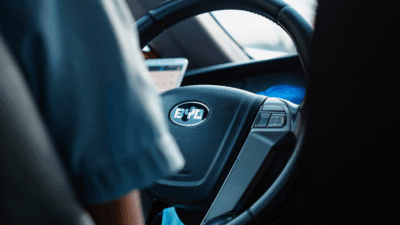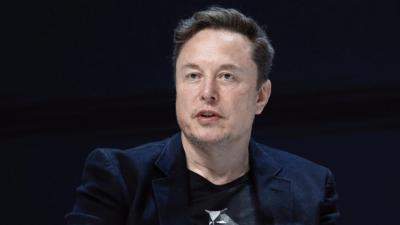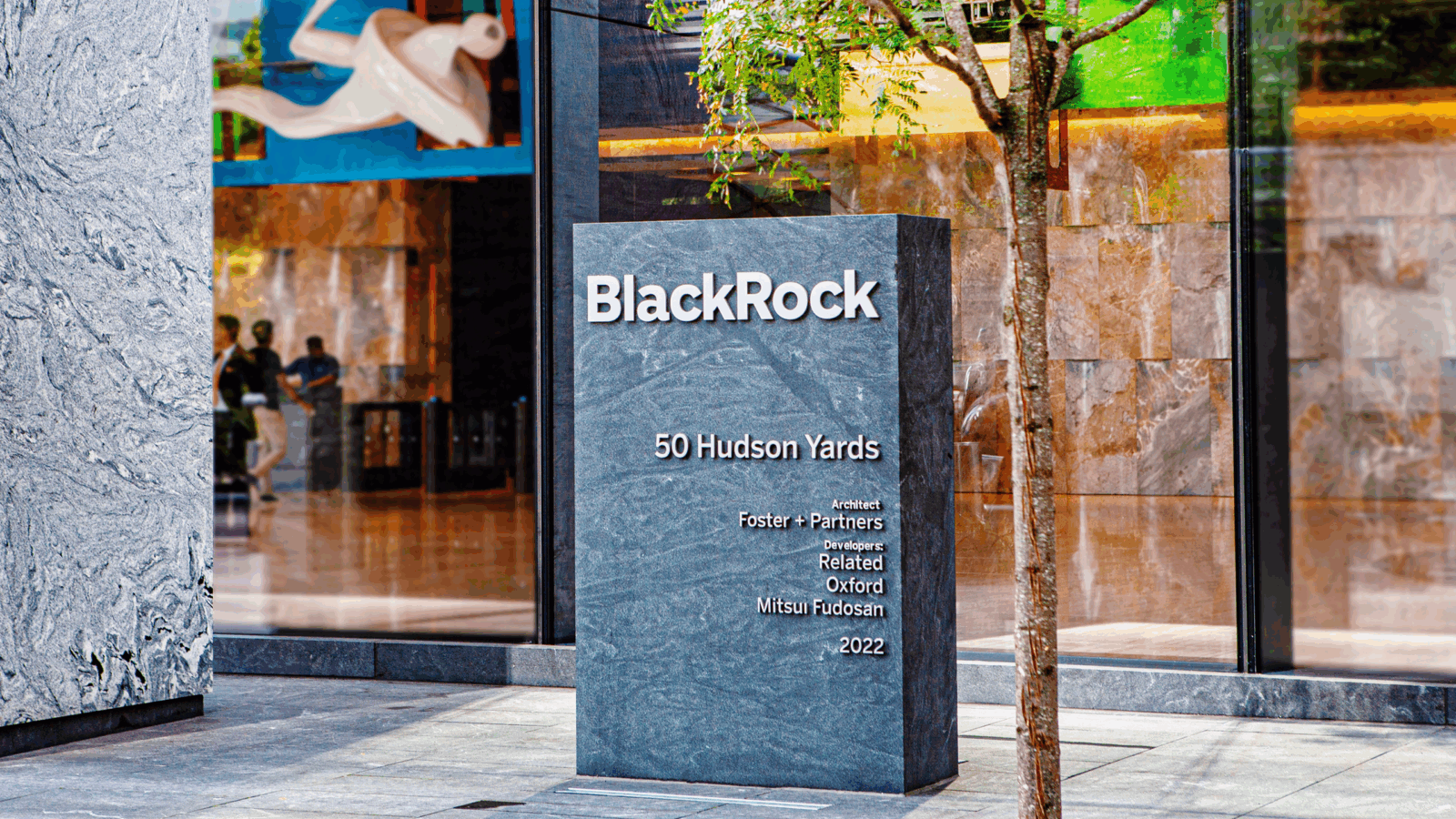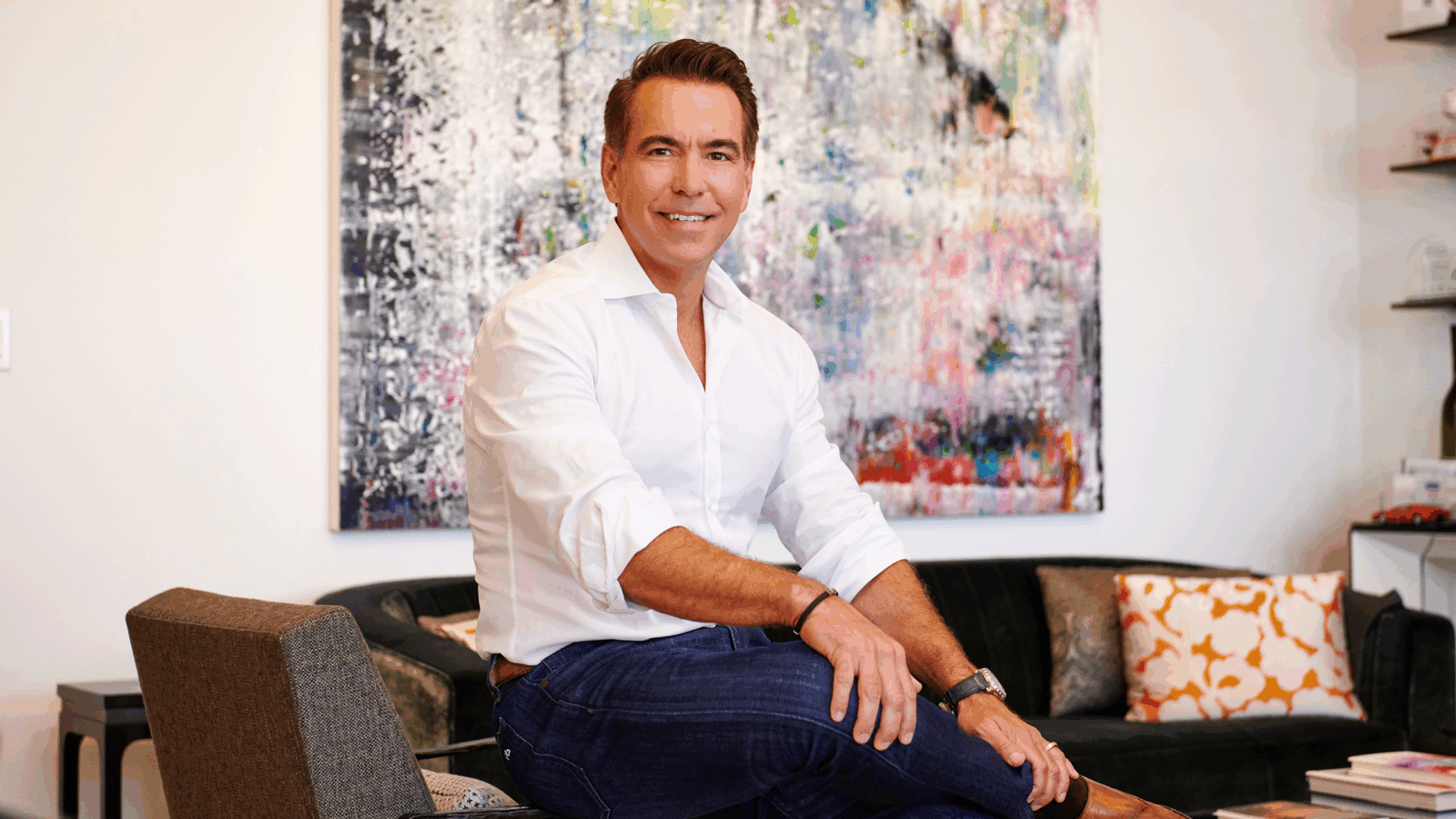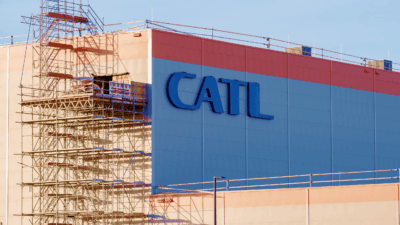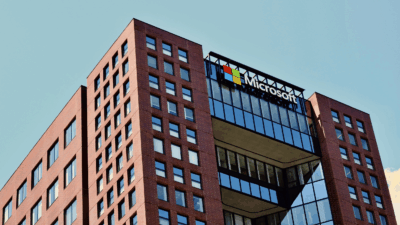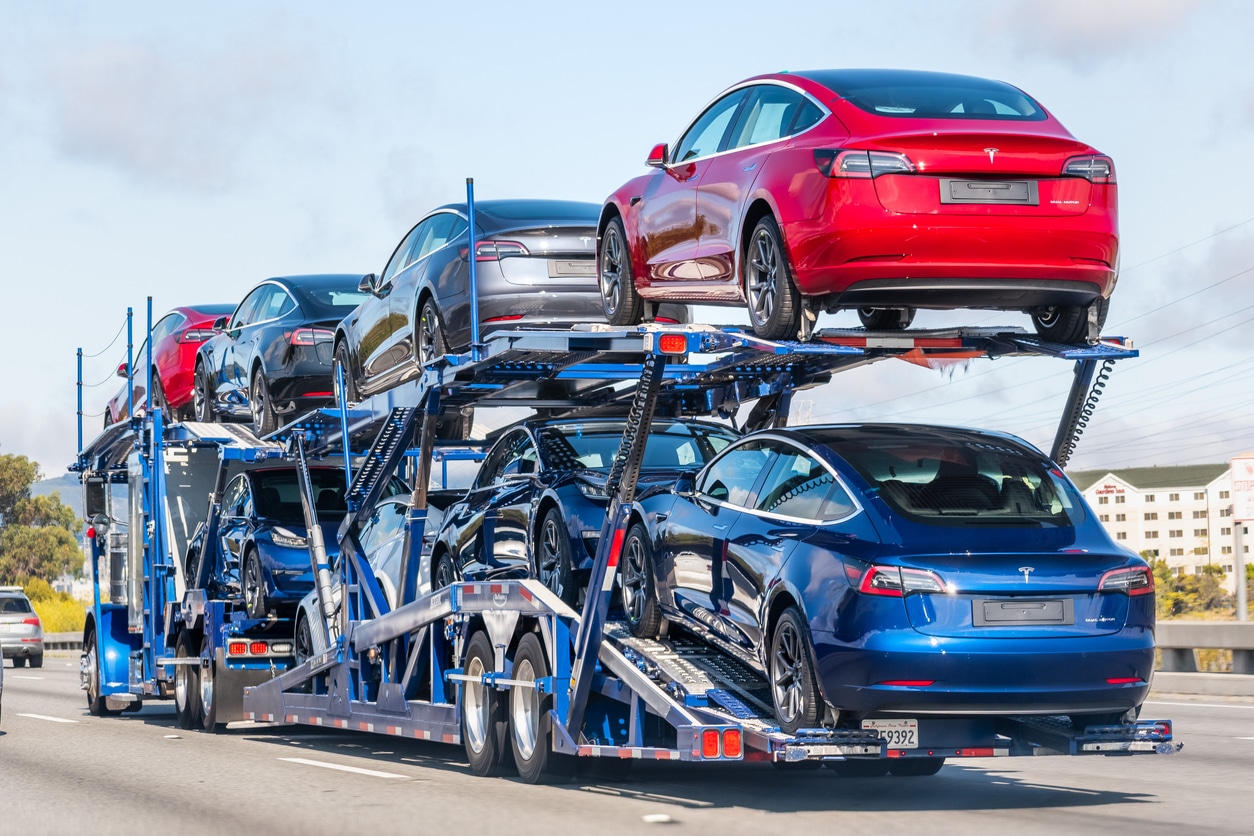
Sign up for smart news, insights, and analysis on the biggest financial stories of the day.
We all make impulsive, splashy purchases from time to time while ignoring the cost and potential consequences — whether it’s a last-minute weekend getaway, NBA playoff tickets, or eating takeout for the third time in a week.
For Elon Musk, a big-time acquisition from five years ago could prove quite costly. In a nonjury trial set to start as early as Monday, Musk is accused of misleading Tesla shareholders for personal gain when guiding the company to purchase SolarCity, a struggling energy firm he co-owned.
And a personal check might not cover the $2.1 billion Musk could owe if he loses.
How We Got Here
Let’s set the stage — the year is 2016. Musk, then a minority owner of Tesla with just a 22% stake, helped orchestrate an acquisition of rooftop solar installer SolarCity, urging fellow Tesla board members to green-light the deal. An electric car company acquiring a sustainable energy company — seems reasonable, right?
Here’s where things get tricky. Musk was the chairman of both Tesla and SolarCity. And the latter was not having its day in the sun — with $3 billion of debt and in danger of breaching minimum liquidity requirements, SolarCity was at the time crowned the “worst-positioned” solar start-up by Goldman Sachs equity research analysts.
Flash forward to today: SolarCity profits have disappointed, and now seven shareholder lawsuits (rolled into one) allege Tesla’s directors breached their fiduciary duties in approving the deal. Musk, meanwhile, is accused of obscuring SolarCity’s condition to secure a self-serving bailout on the dime of Tesla shareholders. The case comes down to a question of controlling interest:
- If a judge finds Musk’s fellow board members acted independently, the plaintiffs lose. A judgment of independent and properly motivated directors tends to win the day in Delaware Case law, where the trial is set.
- Should a judge find Musk did exert control over the acquisition, the question then becomes whether the deal process and price were fair. If not, Musk could owe Tesla $2.1 billion.
Shareholder Amnesia: An unaffiliated shareholder straw poll showed 90% approval for the deal at the time, indicating broad popularity for Musk’s vision and potentially inoculating him from charges of untoward control.
Market Knew Better: The day the SolarCity deal was announced in 2016, Tesla shares tumbled 10% in after-hours trading, losing the company $3 billion in market value — more than the acquisition price.
